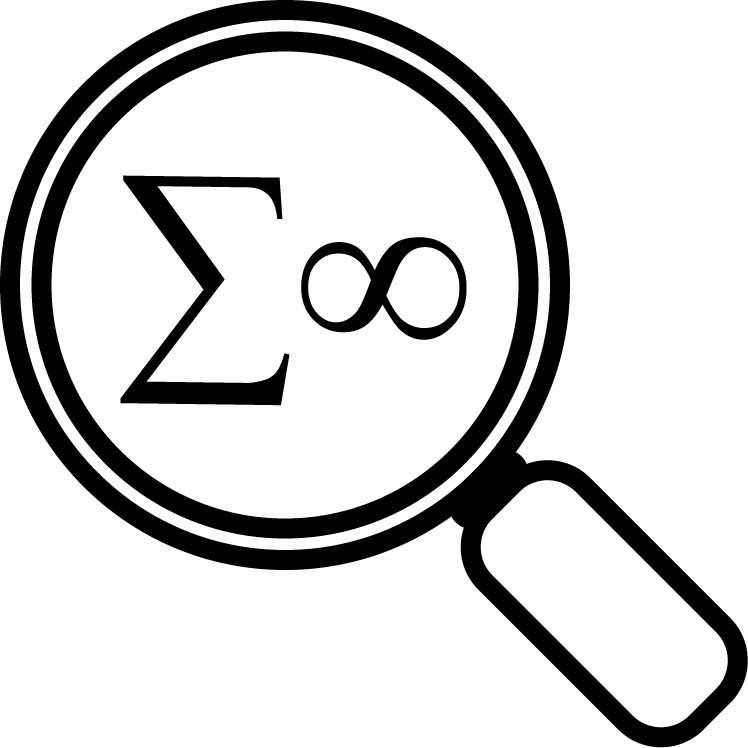Animals shield their families from a harsh world
Background
Explaining the existence of sterile worker bees was a big problem for Charles Darwin. Why should any bee sacrifice the chance to reproduce in order to raise sisters or nieces? Scientists now understand that helping behaviour evolves because the helper is related to those she helps. Helping means more genes that are shared being the next generation. In the last few years, biologists have noticed that high levels of animal cooperation are often found in very harsh and unpredictable places – from birds on African savannahs to bees in the Alps. The existing theory does not predict this.
Findings
We made a model that incorporates environmental fluctuations, which affect how much helping improves the fitness of relates. If the environment is prone to fluctuate unexpectedly, staying at home to help raise relatives can be much better than going solo. Helping behaviour was in fact easier to evolve than previously thought: helpers don’t need to be very closely related to those they help if the environment is highly unpredictable. Getting the edge on your competitors when times are tough can make all the difference, even if it makes you less competitive in the good times.
Implications
Animals living in volatile habitats can gain major evolutionary benefits by shielding their families from the changing environment. Often, when biologists have measured outcomes in the wild, either helpers weren’t closely enough related, or they could have had their own offspring quite easily, or they didn’t make much difference to the survival of their siblings. We realised that help might actually only be of use if the year turns out to be difficult, such as bad weather or not enough food. Helping relatives in bad years can have a huge effect on the number of grandchildren if it means your family does much better than others when times are hard. So, it’s worth siblings hedging their bets and staying at home. Our findings mean that shared genes might actually explain helping in lots of cases that seemed to contradict the established theory. Many biologists may want to reassess whether their data actually support Haldane’s idea after all.
Subject
Social behaviour
Subject Group
Zoology and Ecology
Keywords
cooperation
altruism
environmental variation
bet-hedging
society
Posted by
AndrewDHigginson
on Mon Jul 16 2018
Article ID
FKLQ8Y45X
Details of original research article:
Kennedy P, Higginson AD, Radford AN, Sumner S. Altruism in a volatile world. Nature. 2018;555:359-362. View the Thread Network for this Finding
View the Thread Network for this Finding
Preceded by:
Animals may act to reduce their own fitness if the act has a big benefit to relatives
Posted by: AndrewDHigginson Posted Fri Oct 27 2017
